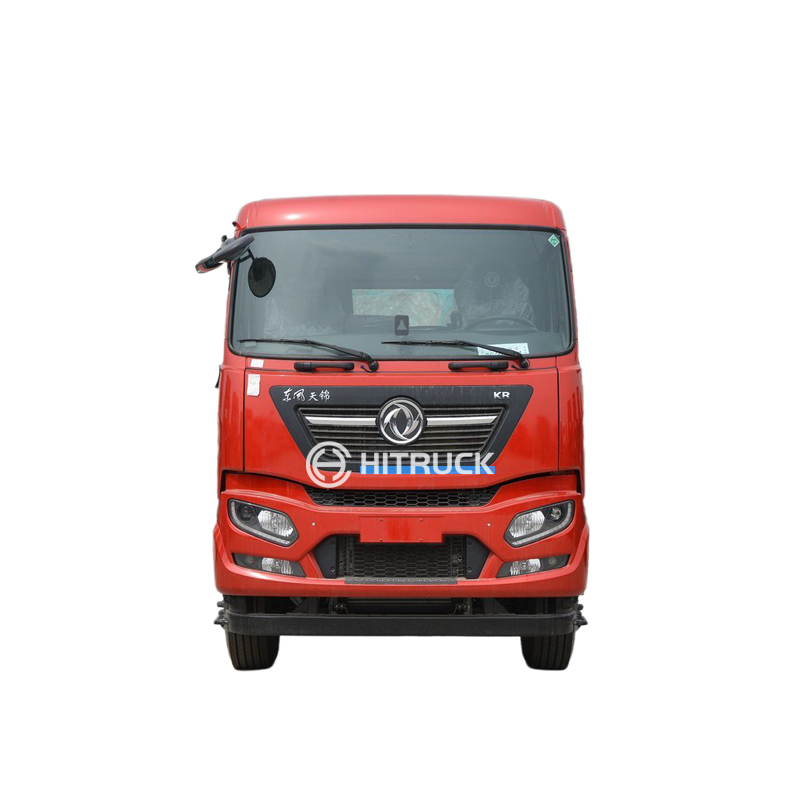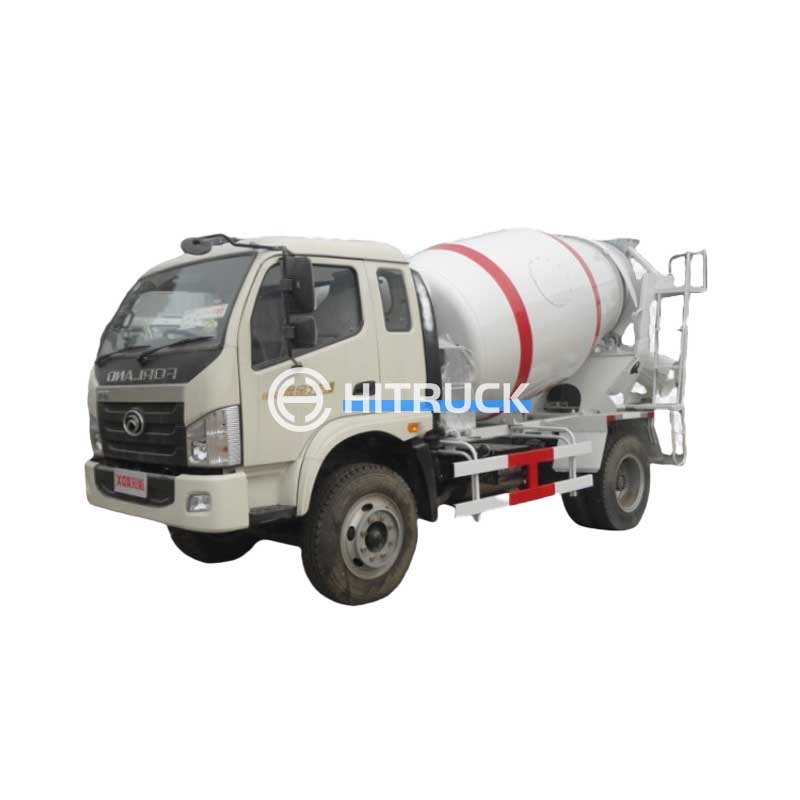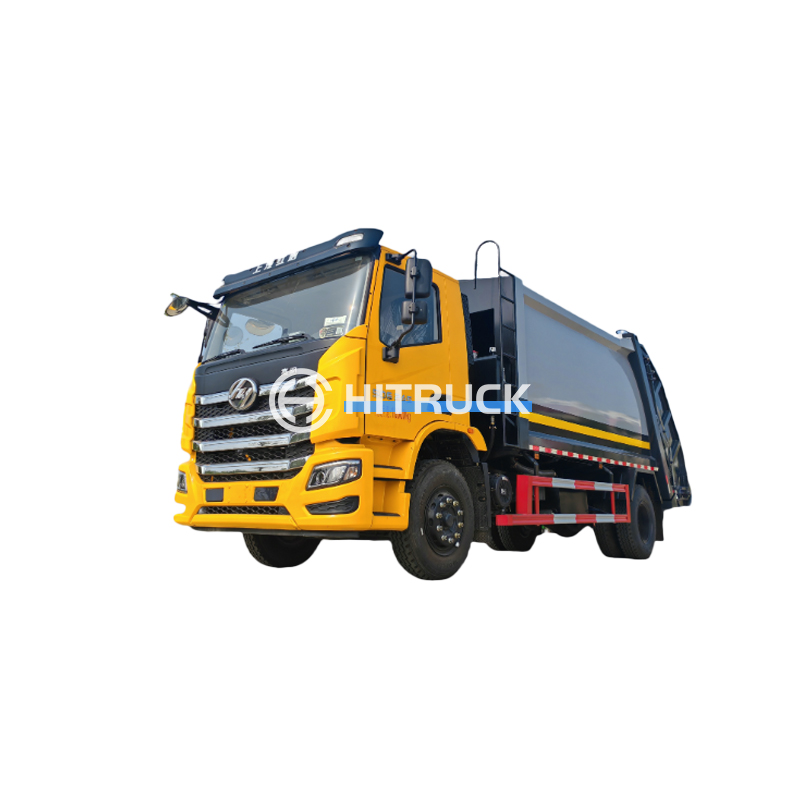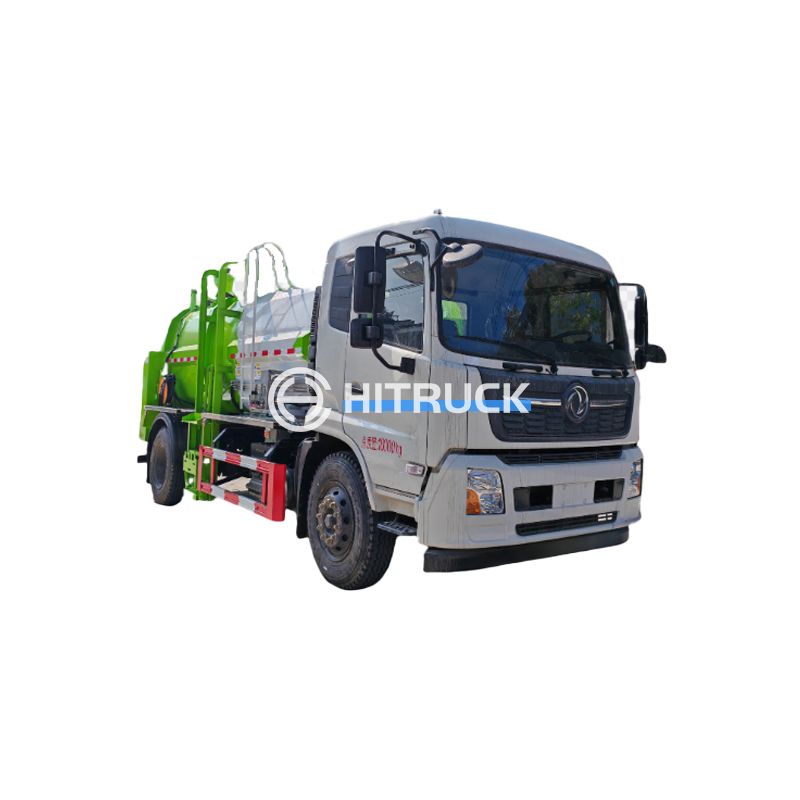This guide provides comprehensive information to help you select the ideal large water truck for your specific application. We'll cover various truck types, capacities, features, and factors to consider before purchasing. Finding the right large water truck involves understanding your needs and matching them with the available options.
Tanker trucks are the most common type of large water truck. They come in various sizes, from small to extra-large, with capacities ranging from a few thousand gallons to tens of thousands of gallons. The size and capacity you need will depend on your intended use. Consider factors like the frequency of water delivery, distance to travel, and the volume of water required at each location.
Vacuum trucks are often used for both water delivery and removal. They combine a large water tank with a powerful vacuum system, allowing them to suck up water, sludge, or other liquids. This makes them suitable for a wider range of applications, including emergency response and industrial cleaning. The cost of a vacuum truck is typically higher than a standard tanker truck.
Specialized large water trucks are designed for particular tasks. For example, some trucks are equipped with spray systems for irrigation or dust suppression, while others have pumps for high-pressure water delivery. These specialized trucks can significantly increase the efficiency and effectiveness of certain operations, but they often come with a higher price tag. Consider carefully if your needs justify the additional cost of specialized equipment.
The capacity of the water tank is crucial. Determine the volume of water you need to transport per trip. Consider peak demand and any potential future increases in water needs. Insufficient capacity can lead to multiple trips and wasted time and resources.
The pumping system is critical for efficient water delivery. Consider the pump's capacity, pressure, and whether it's self-priming. A robust pumping system can save time and effort, especially in challenging terrain or situations requiring high-pressure delivery. For instance, Suizhou Haicang Automobile sales Co., LTD offers trucks with a range of powerful pumping systems.
The truck's chassis and engine determine its durability, reliability, and fuel efficiency. Choose a model with a strong chassis to handle heavy loads and rough terrain. A powerful and fuel-efficient engine will minimize operating costs over the long term. Consider also the overall weight capacity for safe operation.
Many large water trucks offer additional features like flow meters, pressure gauges, and GPS tracking. These options can improve efficiency, safety, and tracking capabilities. Evaluate which features are essential for your application and budget.
Proper maintenance is crucial for extending the lifespan of your large water truck and minimizing downtime. Regular inspections, fluid changes, and preventative maintenance will keep your truck running smoothly. Familiarize yourself with the truck's operating manual and follow all safety procedures.
Selecting a reputable supplier is essential. Research different suppliers, compare prices and features, and check customer reviews. A reliable supplier will provide excellent after-sales support and ensure the truck meets your requirements. When selecting a supplier, consider factors such as reputation, warranty, and service network. Many suppliers offer financing options. Consider exploring these options to make the purchase more manageable.
| Feature | Tanker Truck | Vacuum Truck |
|---|---|---|
| Typical Capacity | 5,000 - 20,000 gallons | 3,000 - 15,000 gallons |
| Cost | Lower | Higher |
| Applications | Water delivery, irrigation | Water delivery, removal, cleaning |
Remember to carefully consider your specific needs and budget when choosing a large water truck. The right truck will significantly enhance your operations and provide a return on your investment.












